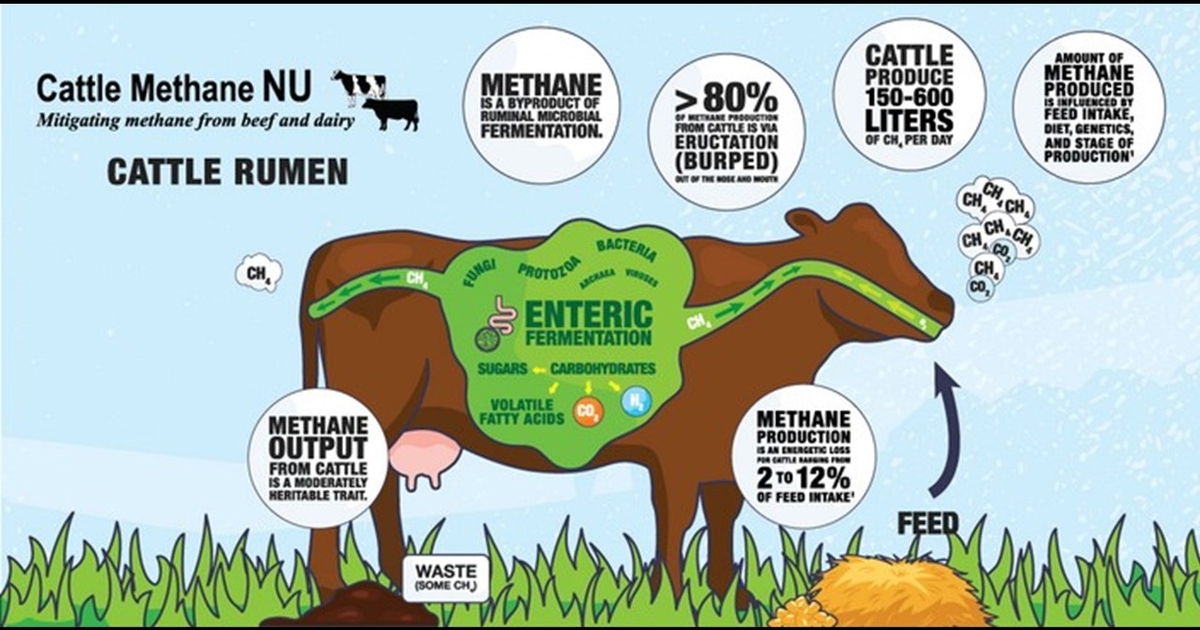The critical role of longevity and maternal performance
Posted on October 2, 2024
Source: Farm Progress. The original article is posted here.

“The question that was posed to us was why is longevity and maternal performance important? And I think that question is very obvious to this audience, and it's because both of those have a huge contribution to the profitability of the cow-calf enterprise,” explained Rick Machen, Texas A&M University Kingsville. Machen was a featured speaker alongside Bob Weaber, Kansas State University, during the 2024 Beef Improvement Federation (BIF) Symposium.
Machen highlighted that longevity and maternal performance are central to economic success in cow-calf operations. He emphasized that longevity, which he defines as the ability of cows to remain in production over many years, contributes significantly to an operation's profitability.
“The longer these cows stay in the herd and are productive at or above the average for the herd, the more profitable those cows can be,” Machen said. By retaining cows that continue to produce calves efficiently, operations can benefit from a lower unit cost of production.
Both Machen and Weaber addressed the importance of sustainability in the cow-calf industry. “It’s already been mentioned this morning about the whole issue of sustainability and the three pillars of sustainability being economic, social, and environmental,” Machen said.
He stressed that while we often focus on environmental and social concerns, economic sustainability is crucial. Without a strong economic foundation, social and environmental goals cannot be achieved.
Like Machen, Weaber emphasized the importance of integrating genetics and the environment into the decision making for a breeding program. “From a commercial cow-calf perspective, of course, most people in the room will recognize that it's the phenotype of that cow and her performance in a production environment that builds herd profitability,” Weaber said.
He highlighted the combined role of genetics and environmental management in creating a productive cow. Throughout his part of the presentation, Weaber emphasized how management practices, such as supplemental feed and breeding programs, impact a cow’s performance.
“We can’t overlook the impact of our management,” he stated, acknowledging that changes to the cow's environment can impact productivity.
Improving calf crop percentages is one strategy they discussed for increasing revenue. “Even a modest increase of say 7% for a herd of 100 cows, that’s seven additional calves. Even if they’re not very big calves, by weight and current prices, can generate an additional $10,000 in revenue,” Weaber said. This statement emphasized the substantial financial impact of increasing calf survival rates and overall productivity.
Machen also discussed the importance of early calving, emphasizing that heifers born early in the calving season are likely to be more productive. “The idea is that these females that are born early in the calf drop are likely from genetics that are adapted and work in our production system,” he explained. By selecting for early calving, producers can ensure a longer productive life for their cows.
Lastly, Machen addressed the often-overlooked cost of depreciation. “Depreciation is a non-cash cost. We don’t write a check for depreciation, but it’s a very real cost in these enterprises,” he said. Understanding this cost is essential for operations to accurately plan their financials and maintain profitability.
Throughout the talk, Machen and Weaber provided many different viewpoints of how longevity, maternal performance and effective management practices can contribute to the success of cow-calf operations.
The full presentation can be viewed here .

.jpg?disable=upscale&width=1200&height=630&fit=crop)


